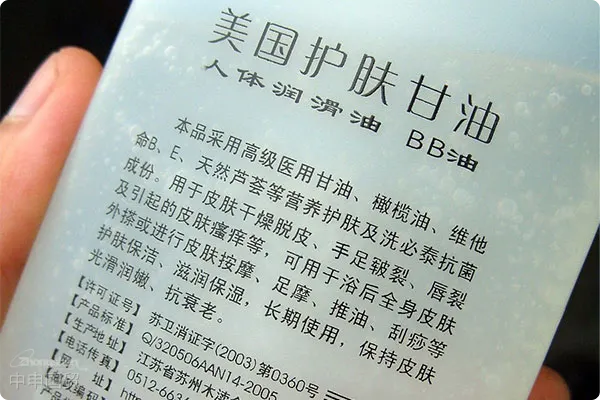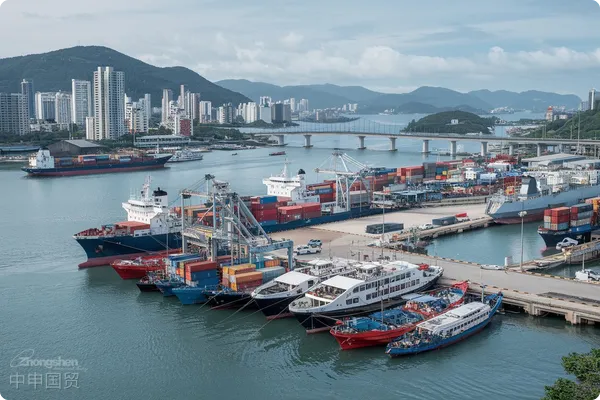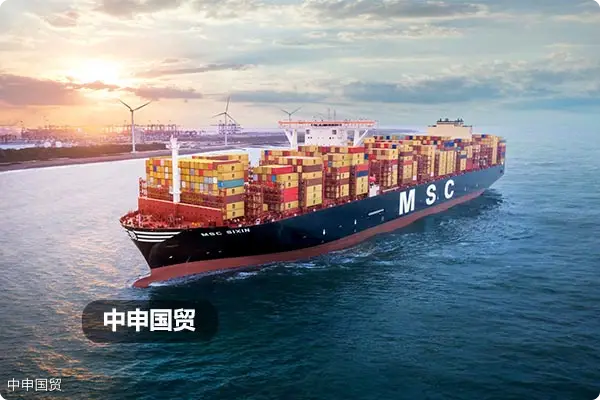- Shanghai Zhongshen International Trade Co., Ltd. - Two decades of trade agency expertise.
- Service Hotline: 139 1787 2118
The labeling of imported goods has long been a persistent and highly scrutinized issue, especially when import volumes are small, as labeling is often overlooked or handled perfunctorily. However, according to Chinese regulations, all imported retail goods sold on the market must have compliant Chinese labels on their smallest sales packaging. This is not only a regulatory requirement but also a critical measure to ensure consumer rights to information.
I. The Importance of Labeling
Chinese labels on imported goods are a fundamental safeguard for consumers, ensuring they can access information about the products origin, ingredients, usage instructions, shelf life, etc. In practice, many imported goods, due to small quantities, often lack labels during production and are labeled domestically afterward. While this increases flexibility, it also raises non-compliance risks.
A colleague once encountered a situation where only about 10% of imported goods had pre-attached Chinese labels, while the rest were loosely placed in cartons. Customs discovered this, and 7 or 8 colleagues were summoned to the customs supervision warehouse to manually label the goods, spending an entire afternoon before the goods were released. This not only wasted manpower but also delayed customs clearance efficiency.
II. Requirements for Imported Goods Labels
According to regulations, all imported goods sold in China must have Chinese labels on their smallest sales units, including the following details:
- Product name and brand: To clearly inform consumers about the product they are purchasing.
- Origin and importer information: Must clearly state the country of production and the importers name and contact details.
- Ingredients or raw materials: Especially for food andCosmetics & Personal Care, major ingredients or raw materials must be listed.
- Usage instructions and precautions: Such as consumption methods, target demographics, and warnings.
- Production date and shelf life: To ensure consumers know the products safe usage period.

III. Risks of Non-Labeling
- Detained by customs If imported goods lack compliant Chinese labels during customs clearance, there is a high chance they will be randomly inspected and detained. Random inspections are a key customs compliance management tool. If found non-compliant, penalties may include fines or even import bans.
- Reported by consumers Imported goods sold in supermarkets without Chinese labels can be reported by consumers. Such cases have sparked online debates, though some were for clout-chasing. Nonetheless, these issues undermine consumer trust in imported goods.
- Market supervision risks For goods entering the market, even if they slip past customs, they may still face issues during subsequent market inspections. Regulatory authorities conduct regular spot checks, and non-compliant goods may incur fines and damage corporate reputation.
IV. How to Ensure Label Compliance for Imported Goods
- Prepare labels in advance Importers should prepare compliant Chinese labels before goods are shipped. For products not labeled during production, labeling can be done immediately upon arrival at domestic warehouses to avoid last-minute efforts during customs clearance.
- Communicate with suppliers to request source labeling. If possible, it is advisable to reach an agreement with suppliers to affix Chinese labels during the production stage. This not only eliminates the hassle of subsequent domestic labeling but also reduces the risk of customs detention.
- Use professional labeling services. For enterprises with large import volumes, professional labeling services can be considered. Professional service providers can ensure the quality and compliance of label application, avoiding issues such as label detachment or blurred information due to improper labeling.
- Label compliance review. During the label design stage, the content of the labels should be reviewed to ensure compliance with all regulatory requirements. Professional compliance consulting firms can be commissioned to inspect the labels, ensuring no critical information is omitted.
V. Summary
Labeling imported goods is not only a compliance requirement but also a fundamental safeguard for consumer rights. For businesses with small import volumes, labeling is often overlooked, yet it is the most common issue flagged by customs. Non-compliant labeling may lead to cargo detention, penalties, or even damage to market reputation. Therefore, importers must prioritize label compliance, prepare in advance, and ensure labels meet all requirements to facilitate smooth customs clearance and avoid unnecessary trouble and costs.
Related Recommendations
? 2025. All Rights Reserved. Shanghai ICP No. 2023007705-2  PSB Record: Shanghai No.31011502009912
PSB Record: Shanghai No.31011502009912









